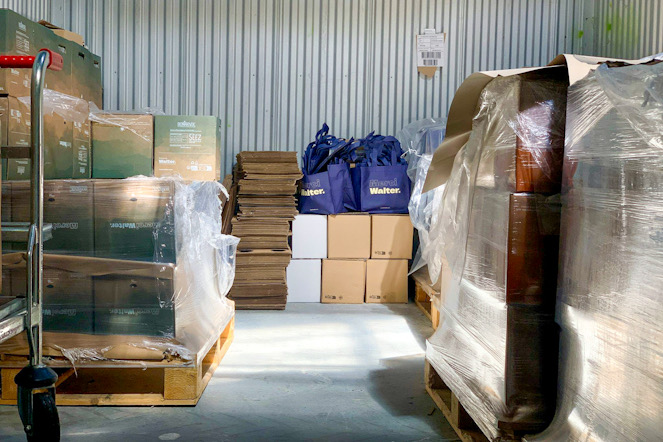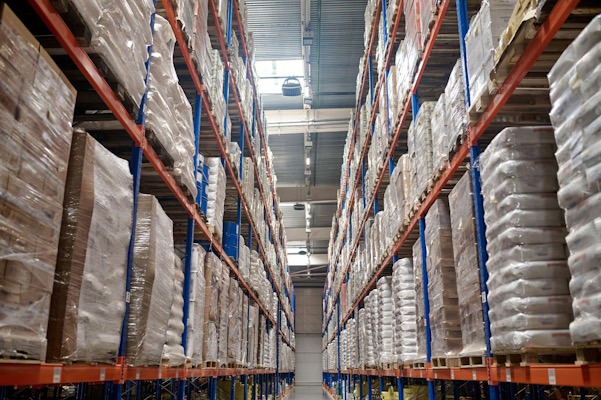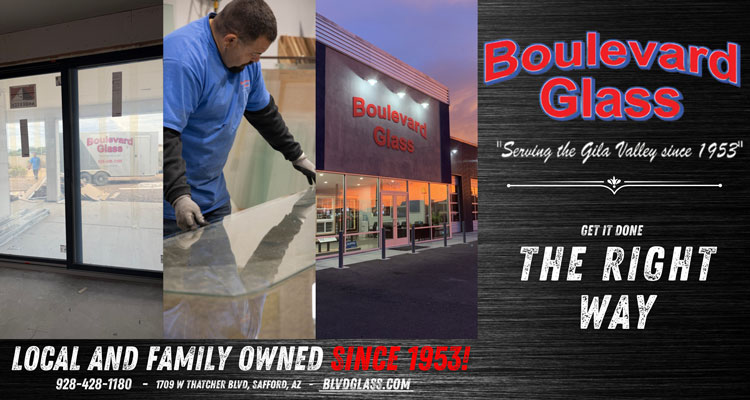In Arizona, the heartbeat of economic growth is not just in the businesses themselves, but in the supply chains that connect them. From small-town artisans and rural farms to aerospace manufacturers and tech startups, Arizona’s economy thrives when goods flow smoothly from producers to customers. Every step, from customs paperwork to warehousing, matters. That’s why strong logistics partnerships are so important. Providers like Jori Logistics play a quiet but essential role, handling customs brokerage, freight forwarding, warehousing, and trade consulting, so Arizona businesses can focus on growth rather than red tape.
What many see as background operations are, in fact, the arteries of the state’s economy. When they’re strong, businesses move forward; when they’re weak, everything slows. Here’s how resilient supply chains are keeping Arizona communities competitive, connected, and thriving.
Arizona: A Logistics Crossroads
Arizona is more than desert scenery. It’s a strategically placed hub that connects the western U.S. with Mexico and Canada. Interstates like I-10 and I-19, major rail corridors, and proximity to international airports make it a critical trade corridor. This location attracts companies from across industries that need fast, efficient movement of goods.
The Arizona Commerce Authority points out that Arizona sits at the center of a binational supply chain ecosystem, linking U.S. and Mexican manufacturers with consumers across North America. That connectivity means businesses here have opportunities, but also responsibilities, to keep goods moving smoothly across borders.
Manufacturing: Dependent on Reliable Flow
Arizona has over 5,400 manufacturing establishments across aerospace, electronics, defense, and food processing. Each factory depends on materials arriving on time and finished products shipping quickly to customers. A shortage of semiconductors or delays in steel delivery can halt production lines, while late shipments risk losing contracts.
Freight forwarding services help mitigate these risks, ensuring that whether cargo arrives by air, ocean, or ground, it moves efficiently. When production schedules are tight, a missed shipment is more than an inconvenience, it can ripple through entire industries. Strong logistics networks reduce that risk.
Small Businesses and Rural Producers
The role of supply chains isn’t limited to big industry. In towns across Arizona, small businesses, farms, and artisans depend on logistics to survive. A small pecan grower in Cochise County or a chili producer near Safford may not have the resources to fill entire trucks, but through LTL (Less-Than-Truckload) shipping, their goods can be consolidated with others, reaching wholesalers and restaurants without breaking budgets.
Similarly, 3PL warehousing and fulfillment services allow rural businesses to store goods securely and ship them as orders come in. This levels the playing field: a family selling salsa online can now reach a customer in Chicago as easily as a local farmers market shopper.
Customs Brokerage: Crossing Borders with Confidence

Arizona’s economy is deeply tied to international trade, especially with Mexico and Canada. Yet, for small and mid-sized businesses, navigating customs regulations can be overwhelming. A single mistake on paperwork can mean delays, penalties, or spoiled goods in the case of perishables.
This is where customs brokerage becomes indispensable. Logistics providers step in to handle documentation, tariff codes, and compliance, ensuring goods cross borders without disruption. For exporters sending Arizona citrus north, or importers bringing machinery south, this expertise removes one of the biggest obstacles to growth.
Warehousing: The Safety Net of Supply Chains
Warehousing might sound simple, just storing products, but in reality, it’s the safety net that keeps supply chains resilient. Arizona’s warehousing network absorbs shocks in demand and supply, giving businesses breathing room.
● For manufacturers, warehouses store raw materials until they’re needed.
● For retailers, they ensure shelves stay stocked even when transportation slows.
● For e-commerce sellers, they provide pick-and-pack fulfillment so orders reach customers quickly.
Arizona’s location also makes it a prime choice for distribution centers that serve the entire western U.S. With warehousing linked to fulfillment technology, even small companies can participate in national e-commerce markets.
E-Commerce: The New Supply Chain Frontier
Online shopping has transformed logistics into a consumer expectation. Whether you’re ordering books or Arizona-made hot sauce, people expect fast delivery at low cost. Meeting those expectations requires logistics systems built for speed and precision.
Through e-commerce fulfillment services, Arizona’s small and mid-sized businesses can ship orders directly from warehouses connected to platforms like Shopify or Amazon. This not only increases reach but also builds customer trust, because reliable shipping often determines whether buyers return or not.
Resilience in Times of Disruption
Supply chains aren’t just about efficiency, they’re about resilience. Recent years have shown how global events, from the pandemic to natural disasters, can disrupt the flow of goods. Arizona businesses that relied on just-in-time delivery models quickly realized the need for backup plans.
That’s why building resilient systems is essential. Consolidated shipping options, multiple transport modes, and warehousing buffers create flexibility. The concept of supply chain resilience, the ability to prepare for and recover from disruptions, is now recognized as a competitive advantage.
The Human Side of Supply Chains
Beyond statistics and infrastructure, supply chains are about people. Truck drivers, warehouse workers, customs agents, and logistics planners form the human backbone of Arizona’s commerce. Their work ensures that small shops in Safford receive supplies, that Tucson restaurants get fresh produce, and that Phoenix manufacturers keep production lines moving.
When these networks are strong, communities benefit. Jobs are stable, shelves are stocked, and local businesses thrive.
Why Strong Supply Chains Matter for Arizona’s Future
● Economic growth: Efficient supply chains attract businesses to set up shop in Arizona, knowing they can reach national and international markets.
● Job creation: Logistics hubs, warehouses, and distribution centers provide steady employment across skill levels.
● Innovation: Entrepreneurs are more willing to launch new ventures when they trust they can get products to customers.
● Community stability: Local farms and small businesses stay viable when they can compete beyond their immediate neighborhoods.
Supply chains aren’t just about moving goods, they’re about moving communities forward.
Strong supply chains are Arizona’s quiet advantage. They empower farmers, artisans, and manufacturers to reach markets far beyond their hometowns. They ensure businesses can adapt to disruption and expand with confidence. And they rely on trusted logistics partners like Jori Logistics, companies that manage customs, coordinate freight forwarding, provide warehousing, and consult on trade compliance.
For Arizona businesses, success often comes down to what customers never see: the invisible yet powerful networks that keep shelves stocked, orders fulfilled, and communities connected. In a state built on resilience and growth, strong supply chains are the key to moving forward.










